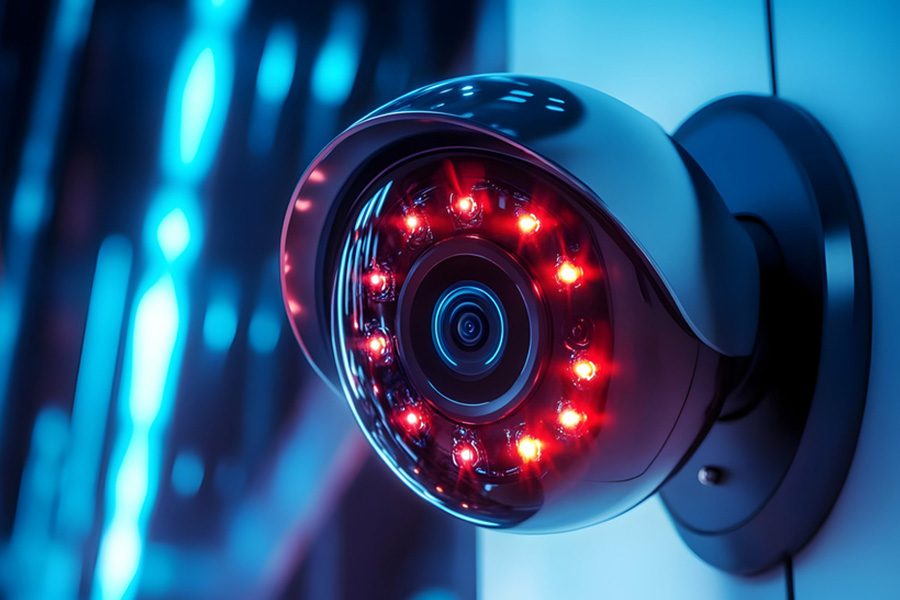Mousepads: The Unsung Hero of Your Computer Setup

Mousepads: The Unsung Hero of Your Computer Setup
When it comes to setting up a computer, most people tend to focus on the more high-profile components like the processor, graphics card, and monitor. However, there’s one crucial component that’s often overlooked – the funny mousepads.
A mousepad may seem like a minor accessory, but it can make a significant difference in your computing experience. A good mousepad can provide a smooth, consistent surface for your mouse to glide over, improve your mouse’s accuracy and precision, and reduce wrist strain and fatigue.
So, what makes a great mousepad? There are several factors to consider, including size, thickness, material, and design.
Size:
The size of your mousepad will depend on your personal preferences and the available desk space. A larger mousepad can provide more room to move your mouse around, while a smaller one can be more portable and easier to store. Generally, a good size for a mousepad is around 12 inches by 10 inches.
Thickness:
The thickness of your mousepad can affect how it feels and performs. Thicker mousepads can provide more cushioning and support, while thinner ones can be more responsive and provide a better feel for your mouse’s movements. A thickness of around 3mm to 5mm is ideal for most users.
Material:
Mousepads can be made from a variety of materials, including cloth, plastic, and metal. Cloth mousepads are the most common and offer a good balance of speed and control. Plastic and metal mousepads tend to be faster, but they can also be more slippery and less comfortable to use for long periods.
Design:
Mousepads can come in a variety of designs, from simple solid colors to complex graphics and artwork. While the design of your mousepad may not affect its performance, it can add some personal flair to your setup.
Now that you know what to look for in a mousepad, let’s take a closer look at some of the benefits of using one.
Improved Accuracy and Precision
One of the main benefits of using a mousepad is improved accuracy and precision. A good mousepad provides a consistent surface for your mouse to move over, which can help you make more accurate movements and clicks. This is especially important for gamers and graphic designers who rely on precise mouse movements to perform their tasks.
Reduced Wrist Strain and Fatigue
Using a mouse for extended periods can cause strain and fatigue in your wrist and arm. A good mousepad can provide cushioning and support for your wrist, reducing the risk of injury and discomfort. Some mousepads are even designed with built-in wrist rests to provide additional support.
Improved Tracking
If you’re using an optical or laser mouse, the surface you use it on can affect its tracking performance. A good mousepad provides a consistent surface for your mouse to track on, which can improve its overall performance. This can be especially important for gamers who need to make quick and precise movements.
Protection for Your Desk
Using a mouse directly on your desk can cause scratches and wear over time. A mousepad provides a protective barrier between your mouse and your desk, helping to keep your desk surface looking new and scratch-free.
In conclusion, a mousepad may seem like a small and insignificant accessory, but it can make a significant difference in your computing experience. A good mousepad can improve your mouse’s accuracy and precision, reduce wrist strain and fatigue, improve tracking, and protect your desk surface. So, if you haven’t already invested in a good mousepad, it’s worth considering adding one to your computer setup.









